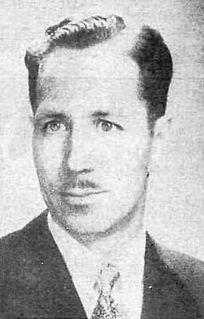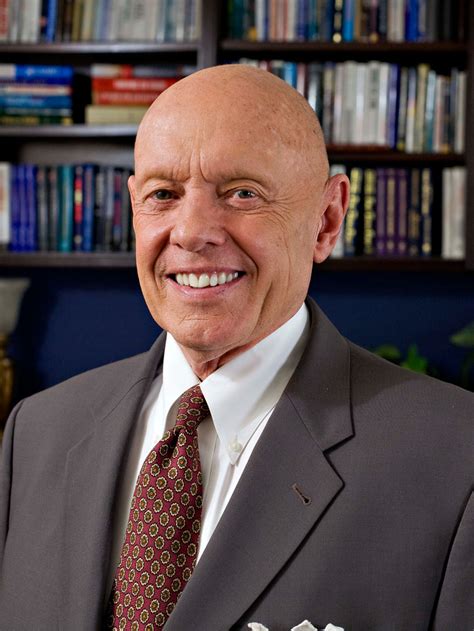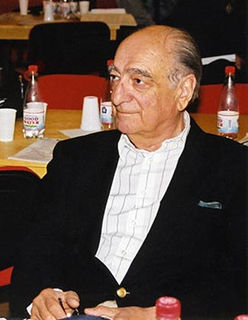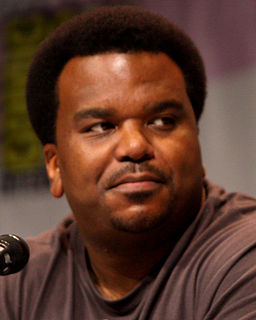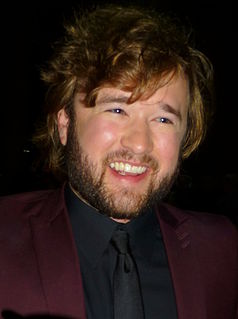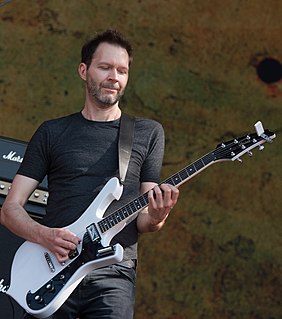A Quote by Sri Aurobindo
The first principle of true teaching is that nothing can be taught.
Related Quotes
To be taught to read—what is the use of that, if you know not whether what you read is false or true? To be taught to write or to speak—but what is the use of speaking, if you have nothing to say? To be taught to think—nay, what is the use of being able to think, if you have nothing to think of? But to be taught to see is to gain word and thought at once, and both true.
Have you taught a Sunday School class and felt when you finished that you had really taught someone some principle of the gospel that had really helped him or given him a brighter look on life? Remember the feeling of peace and joy that followed? Have you ever taught someone the gospel and received that feeling of joy because he had accepted what you had been teaching? The thrill of missionary work!
Honesty is a principle. Service is a principle. Love is a principle. Hard work is a principle. Respect, gratitude, moderation, fairness, integrity, loyalty, and responsibility are principles. There are dozens and dozens more. They are not hard to identify. Just as a compass always points to true north, your heart will recognize true principles.
Traditional education focuses on teaching, not learning. It incorrectly assumes that for every ounce of teaching there is an ounce of learning by those who are taught. However, most of what we learn before, during, and after attending schools is learned without its being taught to us. A child learns such fundamental things as how to walk, talk, eat, dress, and so on without being taught these things. Adults learn most of what they use at work or at leisure while at work or leisure. Most of what is taught in classroom settings is forgotten, and much or what is remembered is irrelevant.
David Langford, illustrates the difference between teaching and
learning in a little story. He says, 'You know, last Wednesday I
taught my dog to whistle. I really did. I taught him to whistle. It
was hard work. I really went at it very hard. But I taught him to
whistle. Of course, he didn't learn, but I taught.'
Be light-hearted, light-footed. Be of light step. Don't carry religion like a burden. And don't expect religion to be a teaching; it is not. It is certainly a discipline, but not a teaching at all. Teaching has to be imposed upon you from the outside and teaching can only reach to your mind, never to your heart, and never, never to the very center of your being. Teaching remains intellectual. It is an answer to human curiosity, and curiosity is not a true search.
My mom teaches sixth grade and also taught first grade at one point. She's into dressing up and costumes and designing her own curriculum that way. She stayed home for about eight years with me and my sister when we were young before going back to teaching, so we had a lot of time with her. She taught us to read really early.
My first official teaching job was at GIT, which was fantastic because I wanted to pay the rent and I got to stay in the building, which is an inspiring place to be - the vibe was there. My first gig was doing private lessons. It went great. Then they decided to promote me to a classroom teacher. I taught a class called Single String Technique.




